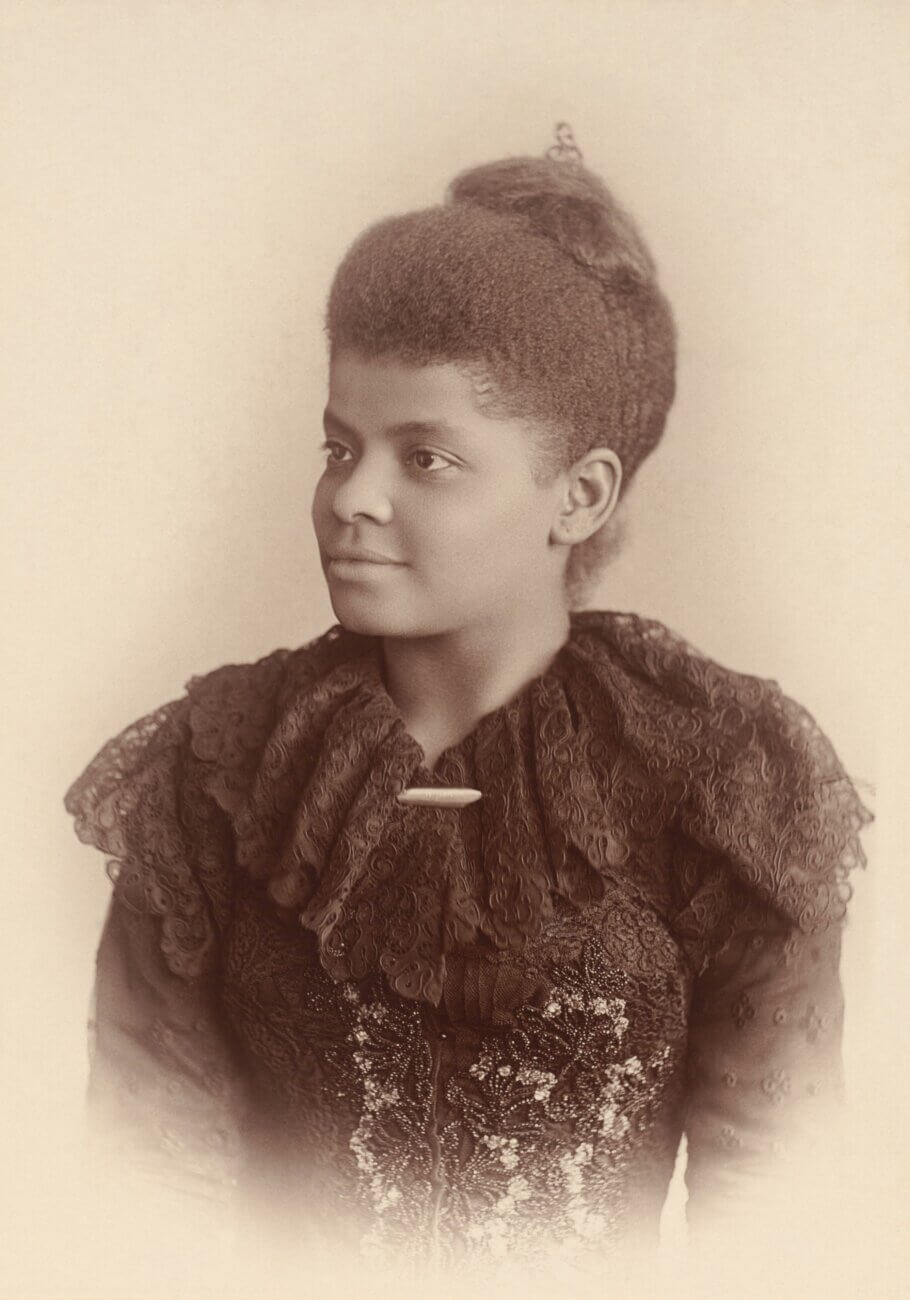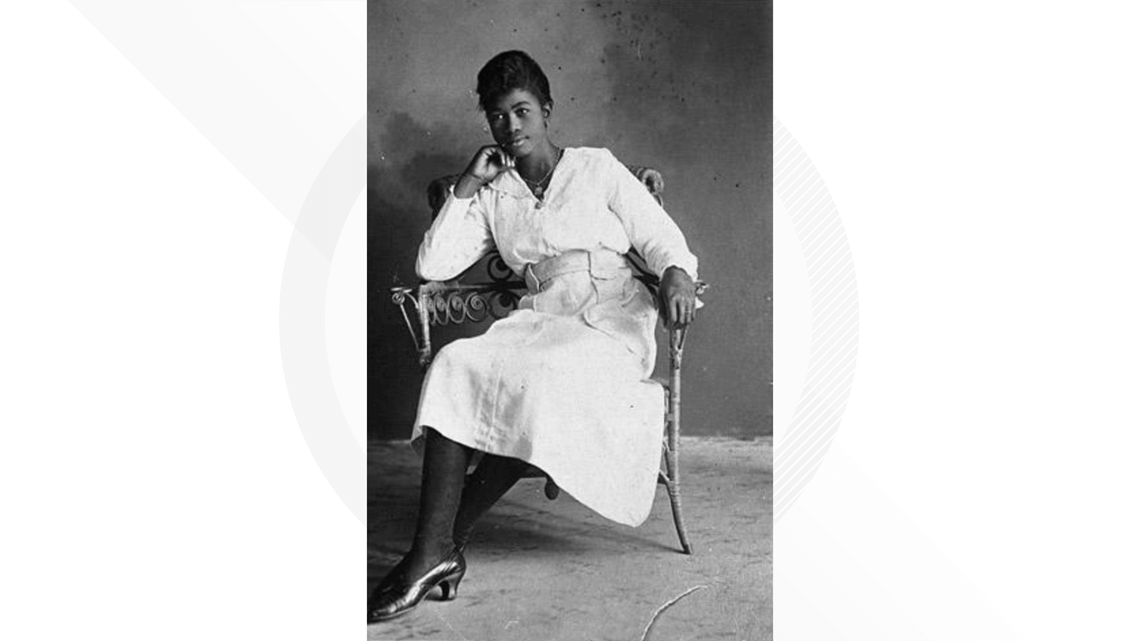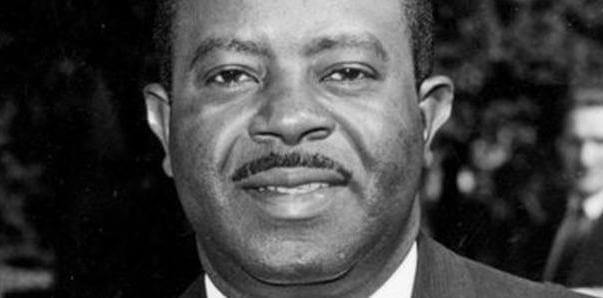Written by: Edward Y., Adult Services Manager
Recently, RRPL hosted two lectures about a Texas civil rights activist born here in Round Rock, Juanita Craft. On her own initiative, journalist and author Helen Cordes inquired about offering a lecture at our library to educate our patrons about the achievements of Ms. Craft. Craft was instrumental in Texas civil rights struggles in the 1950s,1960s and 70s, with most of her activism centering in the Dallas area, where she became the first Black woman to vote in Dallas County, and also served on the Dallas City Council from 1975-1979. But, since Round Rock was her birthplace, Helen Cordes was inspired to offer a lecture here and make sure locals knew about their illustrious former neighbor.
RRPL leapt upon the idea of Ms. Cordes and asked her to expand the initial plan, so that we could have an encore of the morning lecture on the same Saturday afternoon to accommodate more schedules, plus, the Round Rock Black History Organization was able to provide a luncheon and ask for donations to continue their work. This turned out to be a great success, with a total of 52 attendees to the lectures, a very high count for programming geared to adults! There were also presentations from RRBHO members Tina Steiner and Ella Sauls Morrison about local mentoring work and planned activities coming up for the RRBHO, who’ve been longtime partners with our library.
If you missed these lectures, you can find online an earlier program we created about Juanita Craft as part of our Texas Time Machine series. These informative YouTube videos, crafted by RRPL staff, cover a wide range of subjects, just search ‘Round Rock Texas Time Machine’ in YouTube and see what we have to offer!
Listening to the parts of Helen Cordes’ presentations that I could catch while working my library shift got me thinking about another great civil rights hero that’s always inspired me with her achievements, courage, and wit: Ida B. Wells-Barnett. An instrumental founding member of the NAACP, (but unfairly removed from its original officer team because of her chafing under the other even more elemental iniquity of the past: anti-women, patriarchal bigotry), Wells-Barnett is famous for an incredible list of achievements, including inspiring through years of reporting and activism a federal anti-lynching bill, modernizing journalism in the U.S. with a fact-based, statistical approach to her reporting, political organizing in Chicago that prevented its schools from becoming segregated, and many, many more incredible feats. She was an activism dynamo and did not accept second class citizenship, whether because of race or sex.
Her list of achievements and skills is so vast and impressive that it should be a requirement for students of all ages to learn about her life. RRPL has just the sources! “Ida: A Sword Among Lions” by Paula Giddings is a fantastic and thorough text, with engaging writing that includes so much of Ida’s personality and relationships that the reader quickly falls in love with this delightfully difficult, and therefore so very American, champion for civil rights. It also makes clear how incredibly accomplished Ida was, with so many examples of hard-fought battles and such extensive national influence that the reader could be excused thinking these must be the actions of multiple people.
Also, for younger readers, RRPL has two great books: “Ida B. Wells: Fighter for Justice”, by Diane Bailey, is an engaging yet detailed history of her life, perfect for intermediate school and older kids. Also, for our youngest readers, “Ida B. Wells, Voice of Truth” by Michelle Duster captures the intelligence and power of Wells’ life.
Wells died in the 1930s, two decades before the major civil rights victories of the Southern Christian Leaders Conference era, when mass protests and their brutal suppression inspired a great and positive shift in public support for broader equality and civil rights. However, decades before that, her generation’s fight for fair treatment and legal equality was no less heroic or inspired, especially considering the extreme violence and political chicanery they faced. It could be argued that there’s a different kind of courage and integrity to be found in a struggle that receives negligible support from others, yet is never abandoned. Even the federal government completing its reversal in its role as protector of civil rights by establishing segregation in federal departments under Woodrow Wilson failed to stop the valiant resistance of thousands of equal rights activists throughout the U.S. and the world during those years.
The era of Jim Crow and segregation, roughly 1876 – 1954, presented all who struggled against those evils a steady decline in hope and opportunity, and yet they carried on. The heroes of her era who strived for and demanded equality, Paul Robeson, Marcus Garvey, W.E.B. DuBois, and publisher Josephine St.Pierre-Ruffin, amongst so many others, merit broader awareness from all Americans, as they represent the best of what our country can offer: tenacity mixed with a dedication to ethical principles that seek the greatest benefit for all people. Come by the library and find out more!





